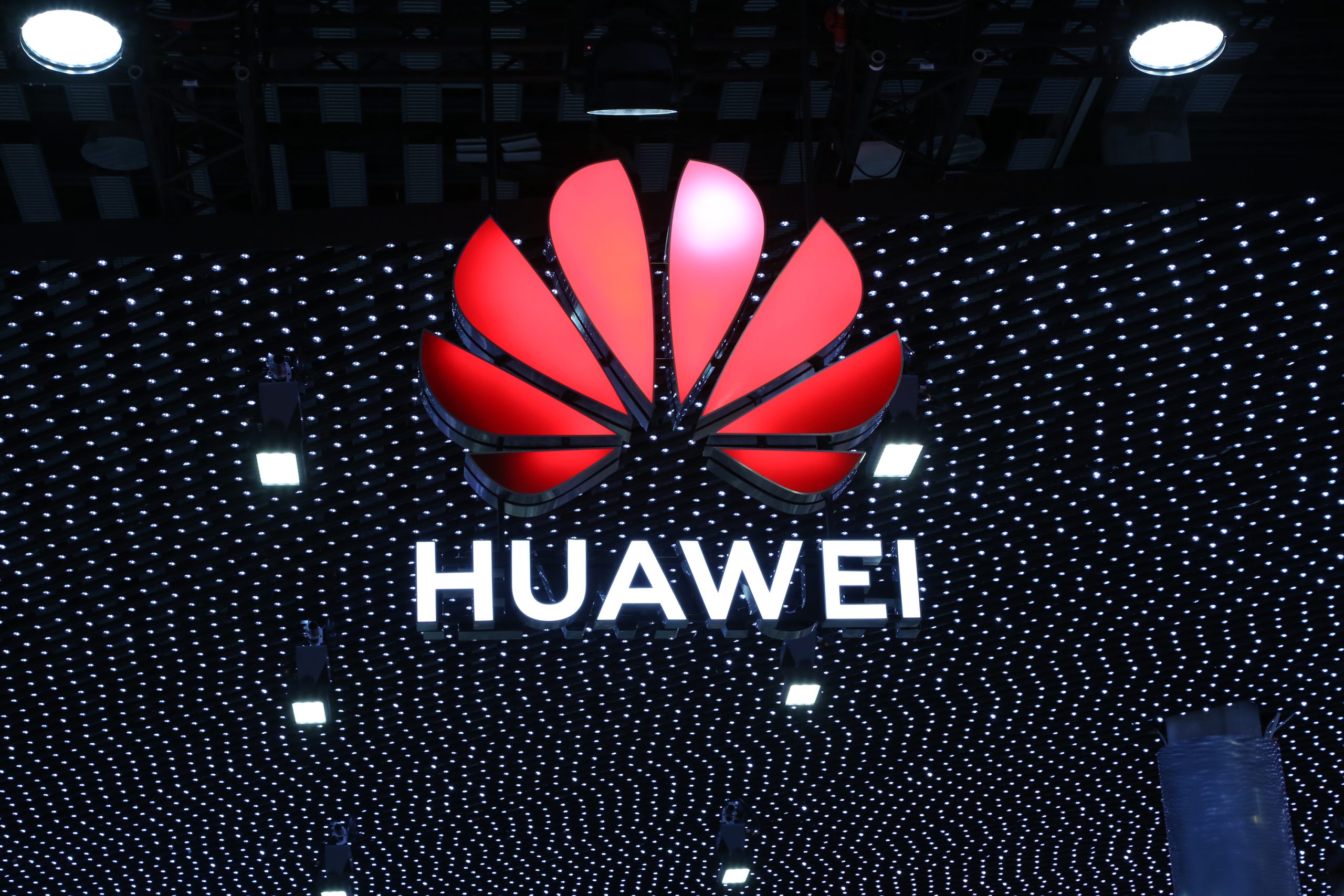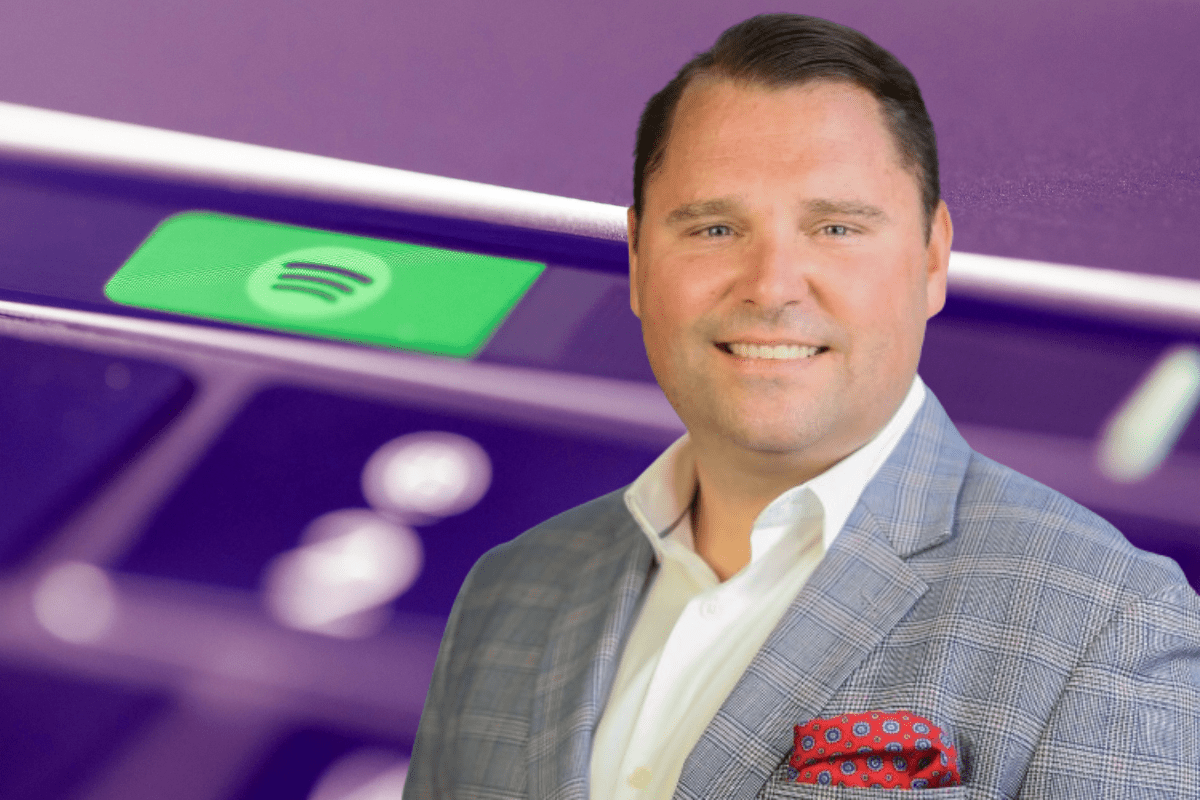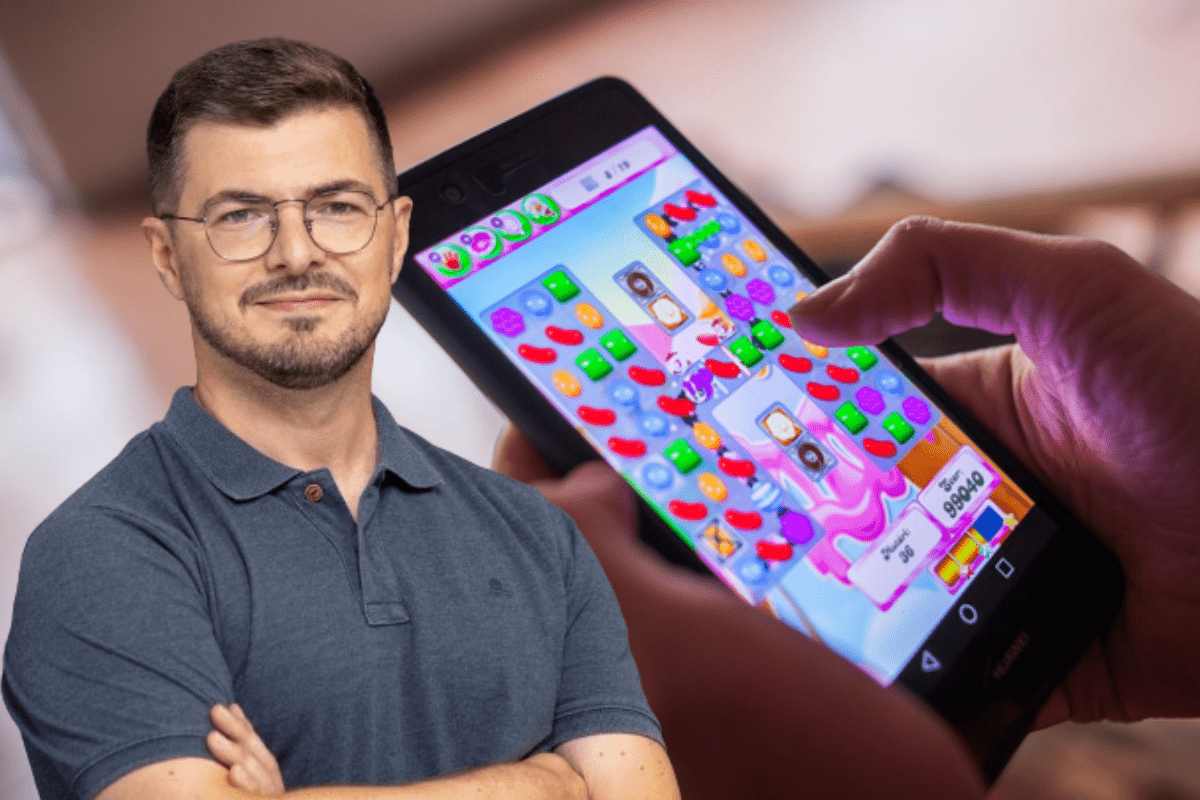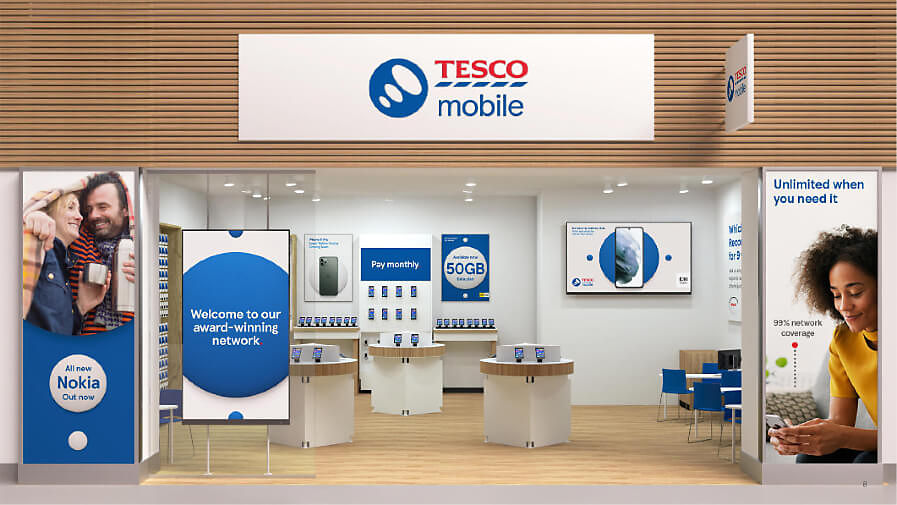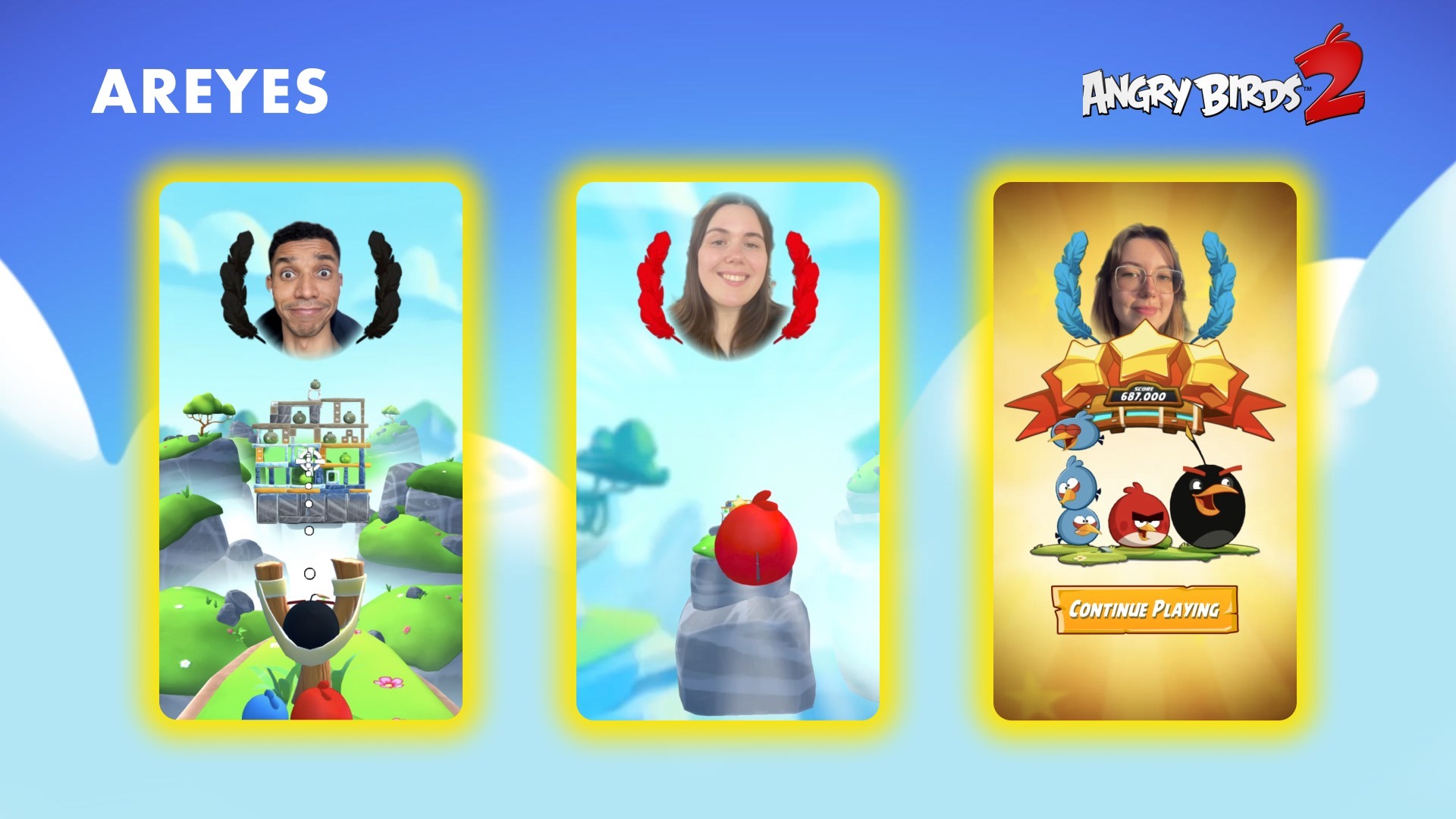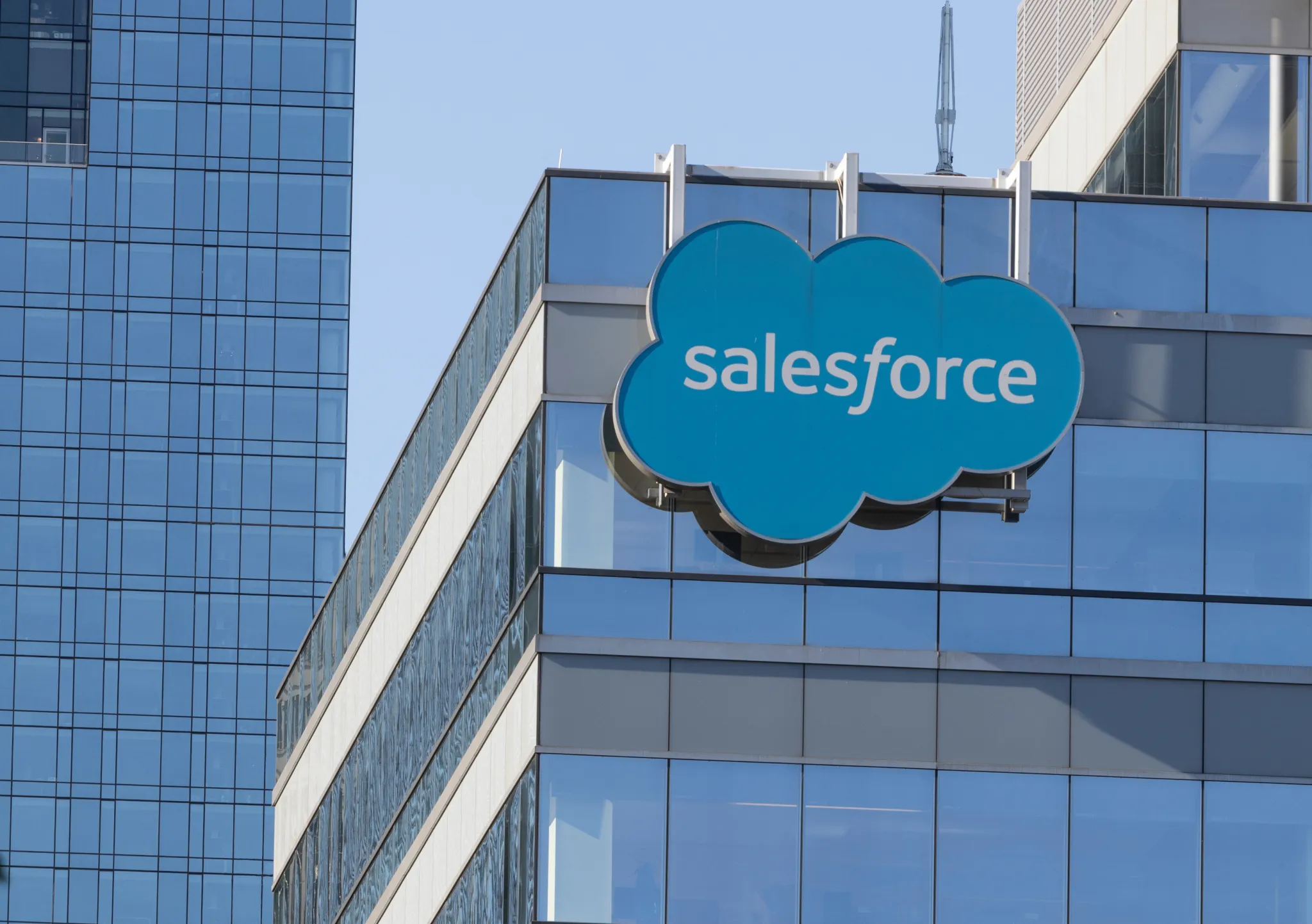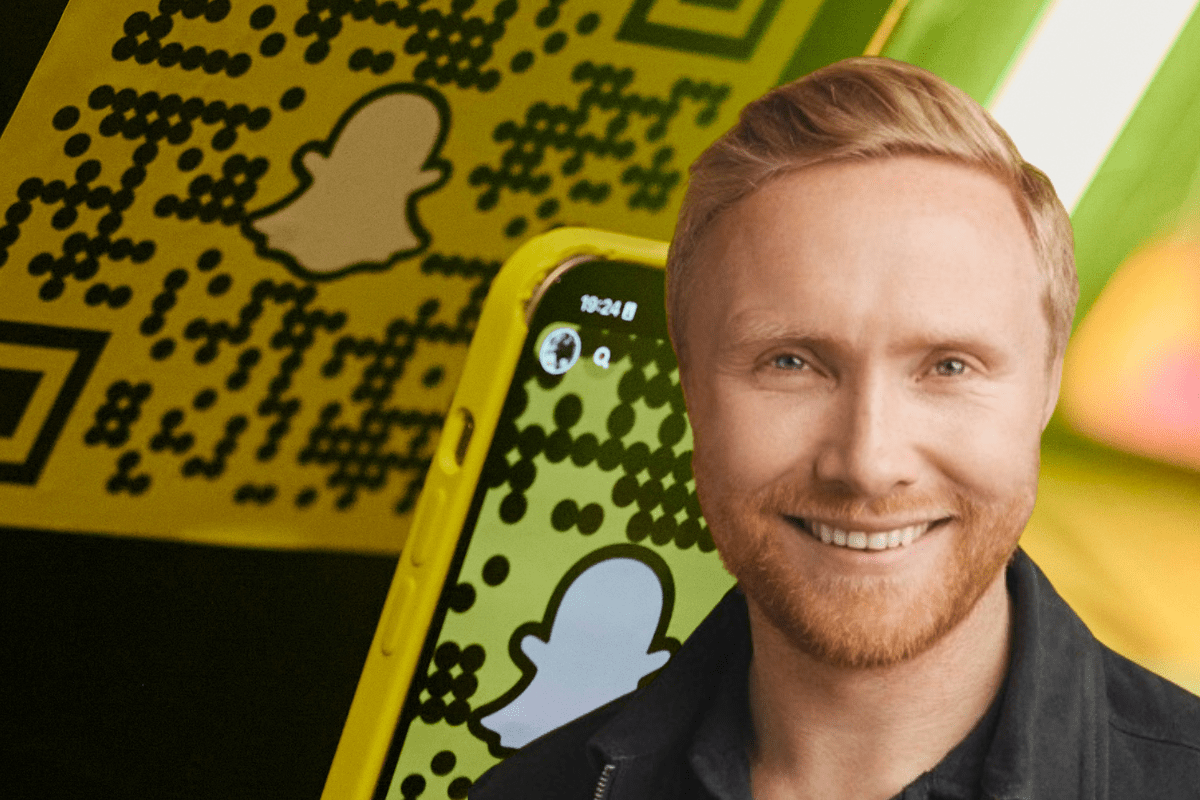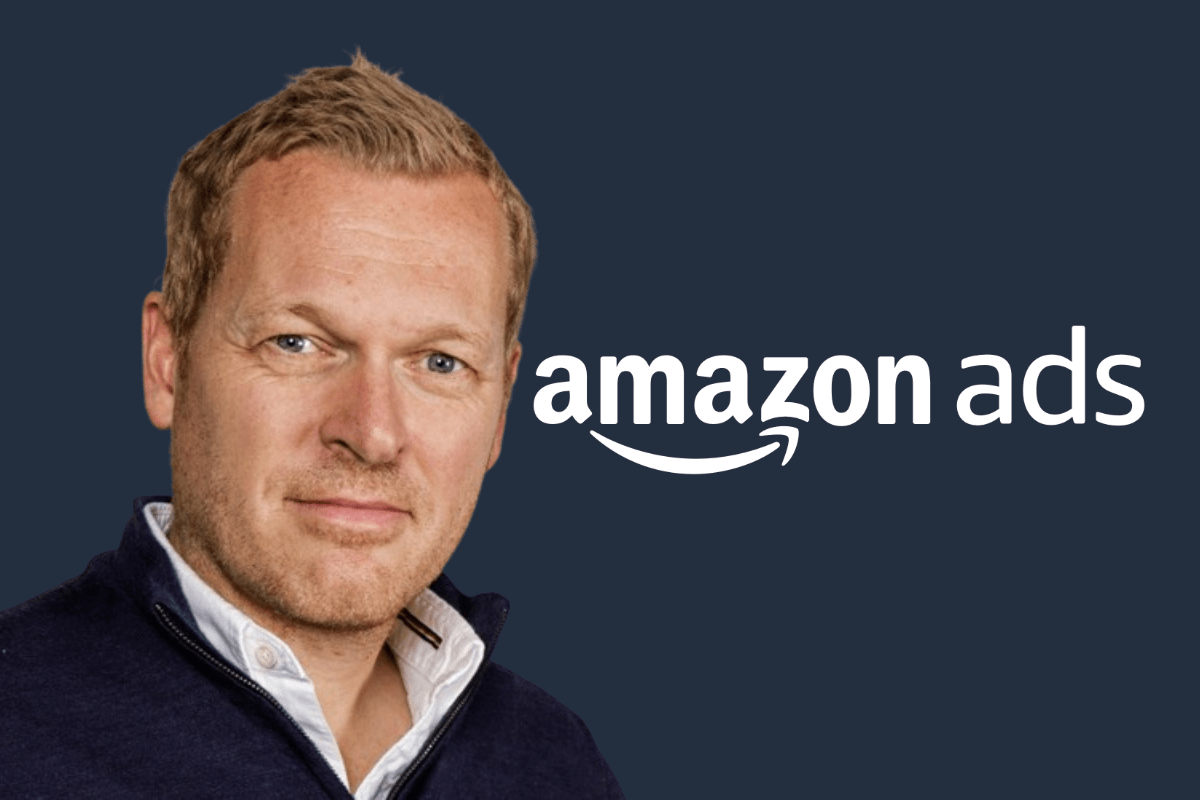Rovio: Flying High or Ready to Explode?
- Monday, May 23rd, 2016
- Share this article:
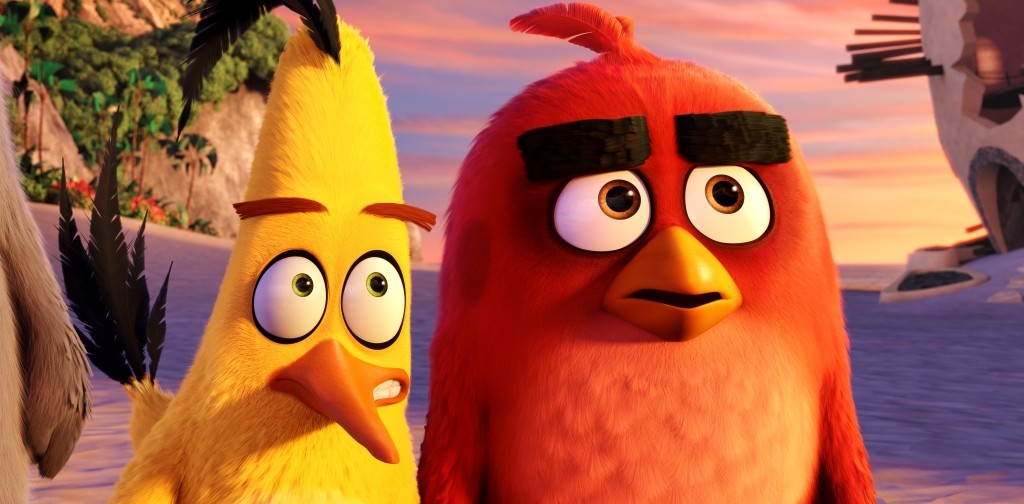 Last week saw The Angry Birds Movie open in US cinemas, where it managed to claim the weekend number one spot thanks to a $39m (£27m) opening, taking its combined worldwide gross to around $151m, on a production budget of $73m.
Last week saw The Angry Birds Movie open in US cinemas, where it managed to claim the weekend number one spot thanks to a $39m (£27m) opening, taking its combined worldwide gross to around $151m, on a production budget of $73m.
One cant help but look at those figures and imagine that somewhere, there are Rovio executives feeling very relieved. The company has sunk a huge amount of its capital into the film in the hope that its apps success could translate into box office success, and that number one opening must surely come as a massive vindication to executives who have been accused of wagering the companys fortune on an incredibly risky prospect.
Flying High
Finnish developer Rovio was founded in 2003 by three students from Helsinki University of Technology following their victory in a mobile game design competition sponsored by Nokia and HP. Following initial success with Mole War, one of the first commercial real-time multiplayer mobile games, the company received an injection of investment capital and, in 2009, released Angry Birds.
The game was perfectly timed to take advantage of the growth of the smartphone and the app economy, rising to the number one spot in Apples App Store after six months. The original game has been downloaded over 1bn times, with paid downloads accounting for over 25 per cent of the total, making it one of the top selling games on iOS.
In many ways, Rovios success is the mirror of the traditional model of mobile marketing. From a starting point of a mobile-exclusive product, the company used its popularity to expand into other media, including cartoons, comics, console games and a wealth of merchandise.
The company has partnered with entertainment companies such as Hasbro and 20th Century Fox to produce branded spin-off games including Angry Birds Star Wars and Angry Birds Transformers, and in 2011, Rovio first announced its intention to produce an Angry Birds movie that would capitalise on the apps popularity, especially among children.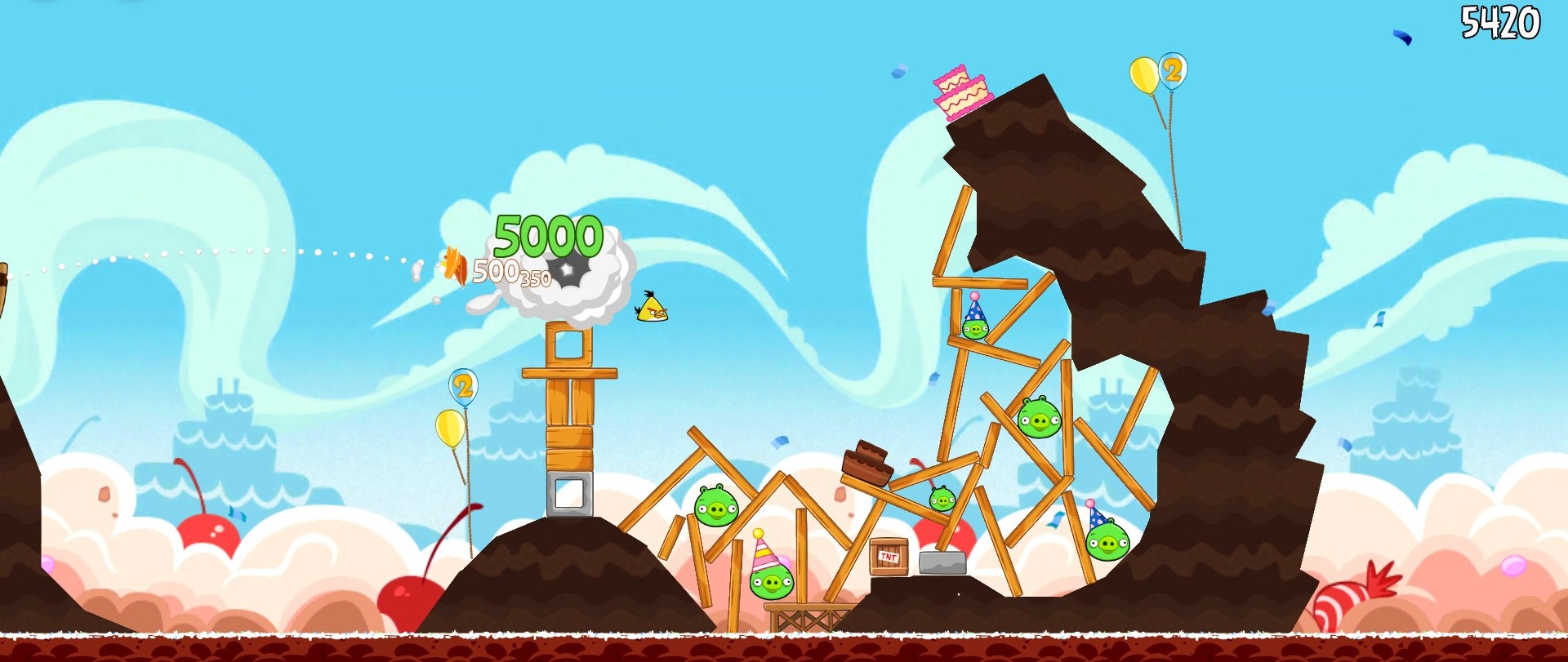 Spending the Nest Egg
Spending the Nest Egg
Still soaring high in the app charts, the decision to produce a film based on its successful and lucrative intellectual property seemed like a natural one, but Rovio immediately attracted controversy with the way it chose to finance the production. The company chose to take on the majority of production financing itself, sinking a huge amount of its capital into the venture and essentially gambling on the success of the film.
If it proved profitable, Rovio would reap the lions share of the revenues, but if it was a bomb, the company would have spent upwards of €100m (£77m) on a project well outside its comfort zone, hugely damaging its finances in the process.
While co-producers Sony Entertainment helped cover some of the €100m cost of marketing and distributing the film, Rovio was responsible for the entire $73m production budget. It worked with ex-Simpsons and The Office writer Jon Vitti for four years on a script, and secured high profile names including Peter Dinklage, Jason Sudeikis and Sean Penn to voice characters.
Meanwhile, Rovios finances were already beginning to suffer. A host of other projects including mobile video distribution, activity parks and merchandising saw profits drop by half from 2012 to 2013, and by a further 73 per cent between 2013 and 2014.
At the end of 2014, Rovio cut around 14 per cent of its workforce, around 110 jobs and shuttered one of its studios in Tampere, Finland, blaming over-expansion of the Angry Birds brand into merchandising and animation as the reason behind its falling profits. Those cuts werent enough, however, and in August 2015, another round followed, with over a third of the workforce let go.
The 2015 cuts, which saw around 260 staff made redundant, came despite the successful launch of Angry Birds 2, which was downloaded around 50m times in its first month of release. In fact, even when profits dropped by almost three quarters in 2014, revenue from games actually increased 16 per cent.
Rovio was still great at making mobile games, it was just all its other ventures that were causing it to drop like a stone. Regardless of this fact, there was only one department in the company not to see any job losses during the 2015 cuts – the team working on the feature film.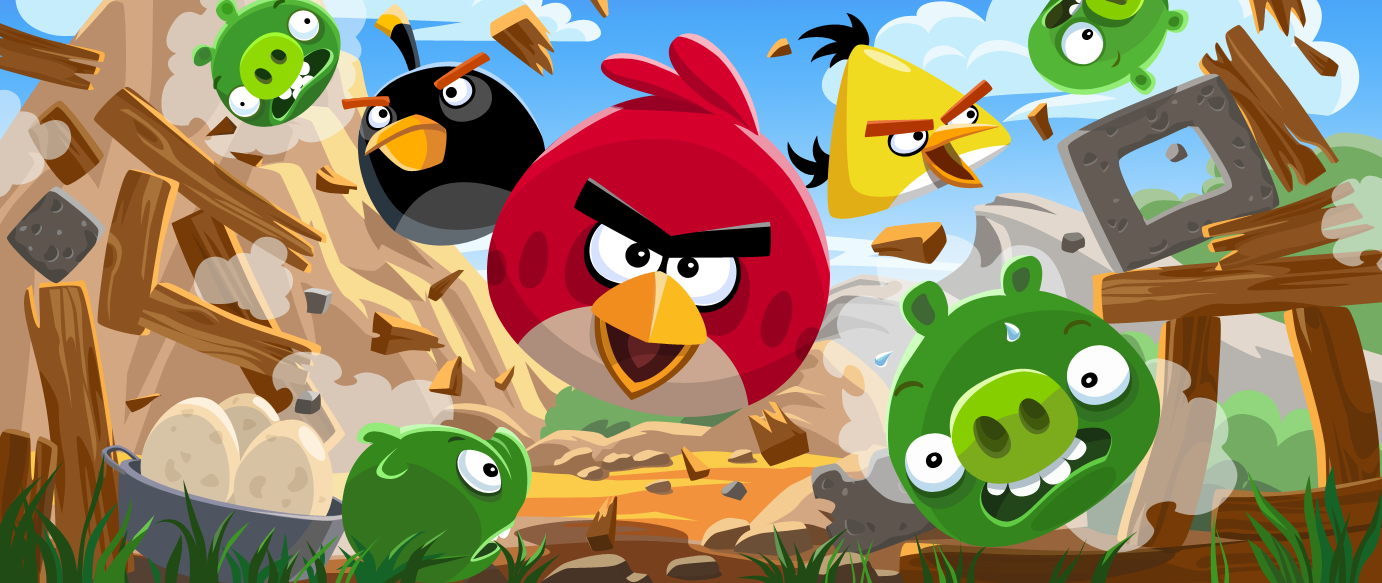 A Wing and a Prayer
A Wing and a Prayer
Even as its finances suffered and the Angry Birds game began to fade from popularity, placing the success of the feature film in more doubt, Rovio continued to find brand partners keen to work with the firm, working with General Mills to cross-promote the companys cereals and the new Angry Birds 2 game, and partnering with Lego and Alibaba Group ahead of the movies release.
As The Angry Birds Movie neared its premiere, the merchandising engine began to heat up again, but this time around Rovio worked more extensively with licensing partners to spread the cost of building its brand. At the end of 2015, Pekka Rantala, the CEO who oversaw many of the cuts and redundancies, was replaced by Kati Levoranta.
“As we move into the next phase of the Rovio story, we will be getting back to our entrepreneurial roots with the leaner, more agile organisation that Pekka leaves us with,” said Kaj Hed, chairman of Rovio at the time. “Kati Levoranta has been an inspirational presence at Rovio since 2012, and I am certain that she is the right leader to empower the business units and take us to new successes in all our businesses.”
The stripped-back Rovio was indeed turning things around. While the company was still making a loss, early financials for 2015 showed costs were greatly reduced and the games business was continuing to grow, bringing in 80 per cent of the companys €142m revenues.
Now, with The Angry Birds Movie a box-office success, the decision to sink so much capital into its production is looking like a worthwhile gamble and, while the company has been forced to dramatically pair back its staff and other projects, the firm looks poised to take advantage of this new high-profile victory.
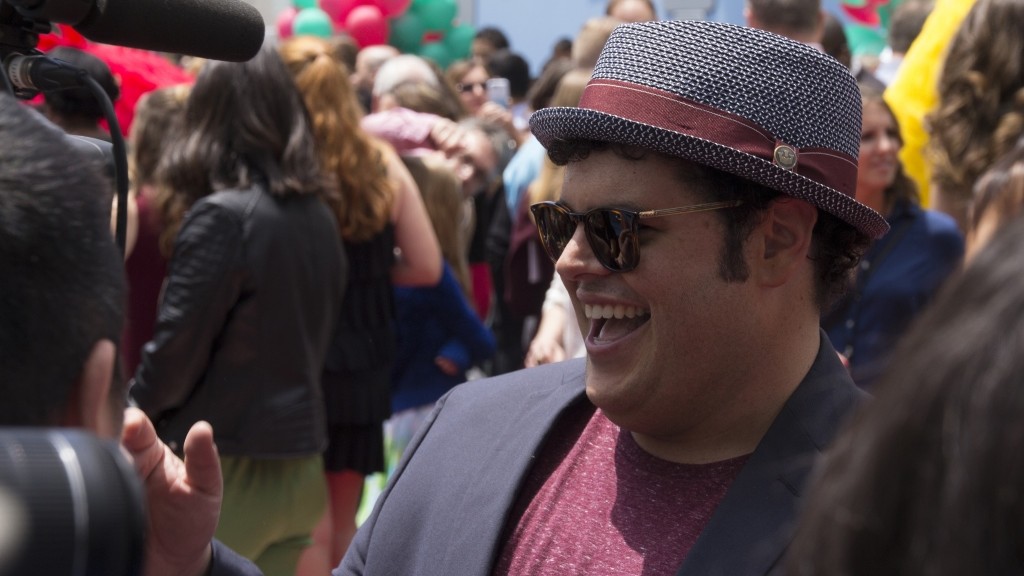
In fact, with the success of the film, Rovio looks like the home of the first truly successful pop culture property to have originated on mobile, making it a potential trailblazer as mobile comes to dominate more and more of our time and attention, and properties that start out on our smallest screen become more likely to make the leap to the biggest one. In fact, ahead of the weekend box office results, The Hollywood Reporter revealed that Halfbrick Studios game Fruit Ninja had been optioned for the cinematic treatment.
So where does that leave Rovio? Well, the company has already learned the dangers of trying to fly too high too fast when it comes to expanding into other mediums, but it has also seen its biggest gamble pay off, so who knows what the future holds. Perhaps it will capitalise on the success of The Angry Birds Movie to expand once again. Perhaps it will focus on developing new games and intellectual property, hoping to repeat its success with a new game. Or perhaps it will fade into the background, having reached as high as it possibly can, and remain only as a cautionary tale for mobile developers about maintaining a tight focus on what you do best.





